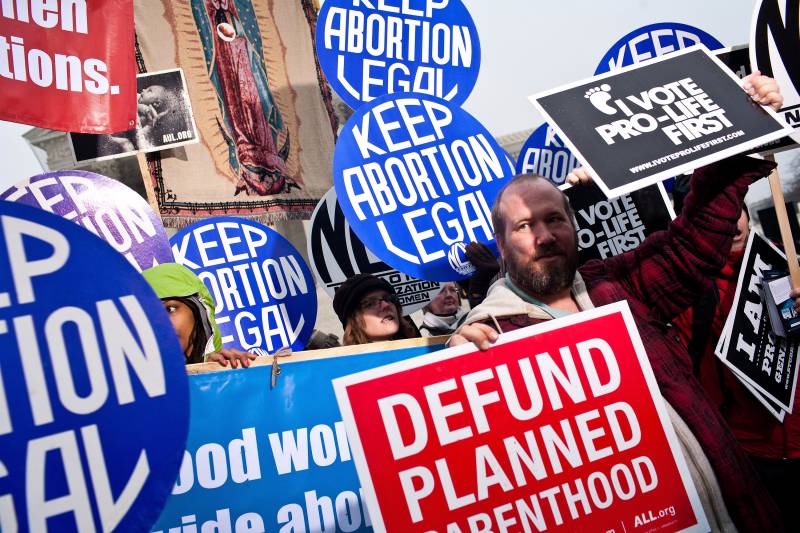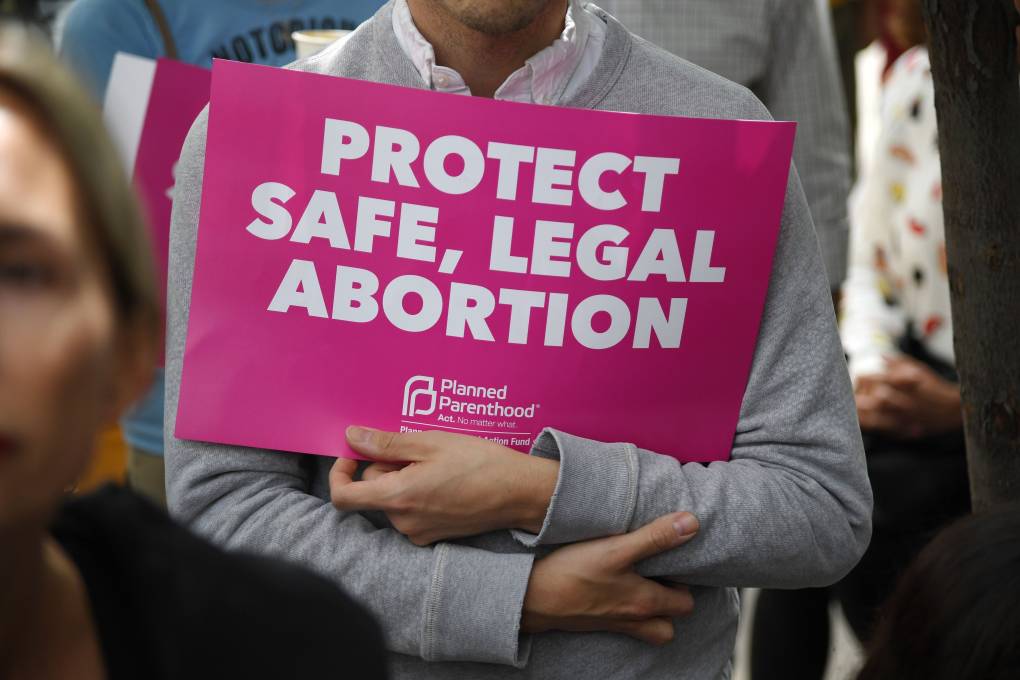“We’re looking at 26 states that will introduce some sort of ban and restriction on abortion, so you have the other half of the country that will need to prepare for how we take care of those patients,” said Jodi Hicks, CEO and president of Planned Parenthood Affiliates of California. “We’re all imagining and trying to prepare correctly for what that impact will be.”
California already requires health insurance companies to cover abortions. But insurers often charge things like co-pays and deductibles that can add an average of $543 to the cost of a medication abortion and $887 to the cost of a procedural abortion, according to an analysis by the California Health Benefits Review Program.
The law Newsom signed on Tuesday eliminates those fees. While the law will make abortions cheaper, it also will slightly increase monthly premiums for patients and their employers.
But the savings from eliminating the fees will be greater than the increased premiums, also according to an analysis by the California Health Benefits Review Program.
The law, authored by state Sen. Lena Gonzalez, makes California the fourth state to ban the fees, joining Illinois, New York and Oregon.
“As states across the country attempt to move us backwards by restricting fundamental reproductive rights, California continues to protect and advance reproductive freedom for all,” Newsom said.
The U.S. Supreme Court is expected to decide this summer whether to uphold a law in Mississippi that bans abortions after 15 weeks of pregnancy. During a public hearing on the case last year, a majority of justices indicated they were willing to uphold the law and even overturn Roe v. Wade.
That case prompted swift action in state legislatures across the country. Last week, lawmakers in Idaho sent a bill to the governor that would ban abortions after six weeks of pregnancy. In Missouri, lawmakers introduced a bill that would make it illegal for the state’s residents to get abortions in other states.
States like California, however, are drafting proposals to counter those measures. They include bills to ban disclosing abortion medical records to police or other out-of-state entities and protect patients and providers from civil liability.

